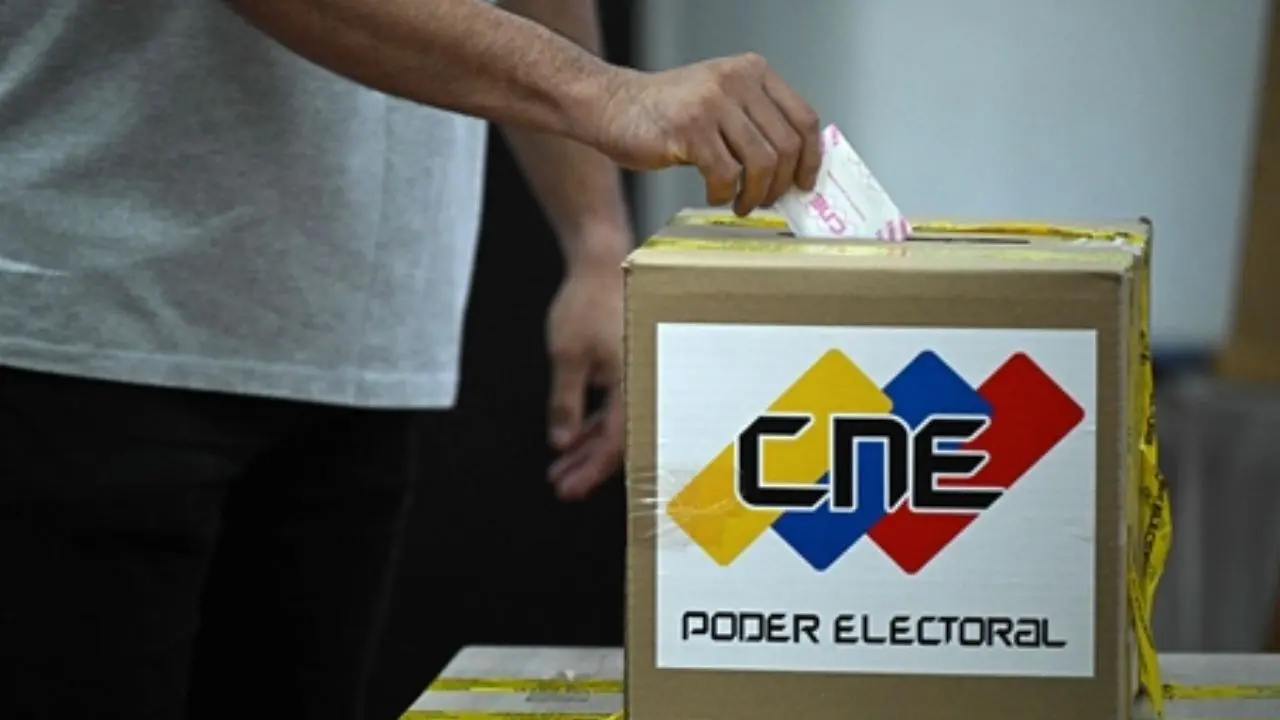Venezuelans vote to elect lawmakers
Voters in Venezuela are casting their ballots on Sunday to elect lawmakers, governors, and other officials, amid increased government repression and calls by the opposition to boycott the election. This is the first election to allow broader voter participation since last year’s presidential contest

Voters in Venezuela are casting their ballots on Sunday to elect lawmakers, governors, and other officials, amid increased government repression and calls by the opposition to boycott the election, according to an AP report.
This is the first election to allow broader voter participation since last year’s presidential contest, in which President Nicolás Maduro claimed victory despite credible evidence suggesting the results were not fair. The election comes just two days after the government arrested dozens of people, including a prominent opposition leader, accusing them of being involved in a plot to disrupt the vote, the AP reported.
About an hour after polls opened, only a handful of voters were seen outside the country’s largest voting center in the capital, a sharp contrast to the large crowds present during the July 28 presidential election. Police presence across Caracas was noticeably higher, with patrol cars parked in quiet neighborhoods and their lights flashing, as per an AP report.
The opposition believes that participating in the vote helps legitimize Maduro’s grip on power and his government`s repressive measures. After the July presidential election, authorities detained more than 2,000 people, including protesters, election workers, political activists, and even minors, in an effort to silence dissent. Meanwhile, the ruling party is already claiming sweeping victories nationwide, as it has in past regional elections regardless of whether the opposition participated, the news agency reported.
According to AP, a national poll conducted by the Venezuela-based research firm Delphos from April 29 to May 4 showed that only 15.9 percent of voters were highly likely to vote on Sunday. Among them, 74.2 percent said they planned to support candidates from the ruling United Socialist Party of Venezuela and its allies. Only 13.8 percent expressed support for candidates aligned with two opposition leaders who have chosen not to boycott the elections.
“This is absolutely despicable,” said opposition figure Humberto Villalobos on Saturday, criticizing the participation of some opposition members. “We are facing the most brutal repression in recent years. This election is a joke, a parody,” he added, reported the AP.
Villalobos was head of the elections division under opposition leader Maria Corina Machado. In March 2024, he and five other government critics took refuge at a diplomatic compound in the capital to avoid arrest. He spent over a year there and, on Saturday, spoke publicly for the first time since he and four others left the compound and arrived in the United States earlier this month.
U.S. Secretary of State Marco Rubio, who met with the group on Friday, described their departure as an international rescue operation. However, Venezuelan Interior Minister Diosdado Cabello disagreed, claiming it was the result of a negotiation with the government.
Sunday’s election, overseen by the pro-government National Electoral Council, includes the selection of state legislators, 285 members of the National Assembly, and all 24 governors, including a newly created governorship meant to oversee Essequibo, a region long disputed between Venezuela and neighboring Guyana.
In Maduro’s Venezuela, however, the outcome of the vote is unlikely to significantly impact daily life. His highly centralized government controls nearly everything from Caracas. The regime also weakens the opposition by disqualifying elected officials after the vote or by assigning loyalists to oversee opposition-held offices, effectively stripping them of power.
After the opposition gained control of the National Assembly in 2015, Maduro responded by holding a new election in 2017 to form a Constituent Assembly, which declared itself more powerful than any other government body. That assembly remained active until it was dissolved in 2020.
(With inputs from AP)

 The Insiders
The Insiders 





